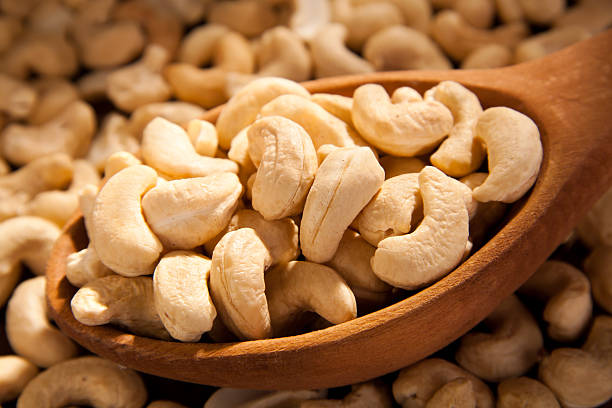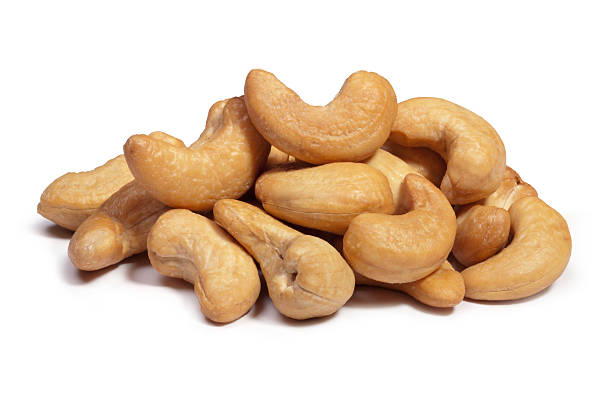Cashews are a popular type of nut that are known for their creamy, buttery flavor and texture. They are often used in cooking, baking, and as a snack on their own. One of the most commonly asked questions about cashews is how many calories they contain. In this article, we will explore the calorie content of 10 cashews and discuss how they fit into a healthy diet.
First, it’s important to understand what a calorie is. A calorie is a unit of energy that is used to measure the amount of energy in food. When we consume more calories than we need, the excess energy is stored in our bodies as fat. This can lead to weight gain and other health problems if not managed properly.
While 157 calories per 10 cashews may seem high, it is important to keep in mind that the calorie content of a food is not the only thing that matters when it comes to its nutritional value. Cashews are also a good source of several essential vitamins and minerals. For example, 10 cashews contains:
11% of the daily value for magnesium
8% of the daily value for zinc
7% of the daily value for iron
6% of the daily value for copper
Now, let’s take a look at the calorie content of 10 cashews. According to the USDA, 10 cashews contain approximately 156 calories. This may seem like a lot, but it’s important to remember that cashews are a source of healthy fats and other nutrients that are important for overall health.
The majority of the calories in cashews come from fat. Specifically, 10 cashews contain 12 grams of fat, with 2 grams being saturated fat. While saturated fat can be harmful in excess, it is important to note that not all fats are created equal. Cashews are also a good source of monounsaturated and polyunsaturated fats, which have been shown to have heart-protective benefits.
Magnesium is an important mineral that plays a role in many bodily functions, including muscle and nerve function, blood sugar control, and blood pressure regulation. Zinc is important for immune system function, wound healing, and taste and smell perception. Iron is essential for healthy red blood cells, which carry oxygen throughout the body. Copper is important for making collagen, a protein that helps to keep skin, bones, and blood vessels healthy.
In addition to fat, cashews are also a good source of protein, with 2 grams per 10 cashews. Protein is important for building and repairing tissues in the body, as well as maintaining healthy muscles. Cashews are also a good source of several essential minerals, including magnesium, potassium, and zinc.
When it comes to incorporating cashews into a healthy diet, it’s important to remember that they are calorie-dense and should be consumed in moderation. A serving size of 10 cashews can be a good snack option, but it’s important to be mindful of portion sizes and to balance them with other foods that are lower in calories.
In addition to these essential vitamins and minerals, cashews are also a good source of antioxidants. These compounds help to protect cells from damage caused by free radicals, which are unstable molecules that can contribute to the development of chronic diseases such as cancer and heart disease.
Cashews are also a good source of protein, providing 5 grams per 1 ounce (28 grams) serving. This makes them a great option for vegetarians and vegans looking for a plant-based source of protein.
In conclusion, 10 cashews contain 156 calories, mostly coming from fats. However, it is important to remember that not all fats are created equal and cashews are a good source of monounsaturated and polyunsaturated fats, as well as protein and essential minerals. It is important to incorporate them in moderate portions as part of a healthy diet.

 Home
Home Health
Health Diet & Nutrition
Diet & Nutrition Living Well
Living Well More
More













